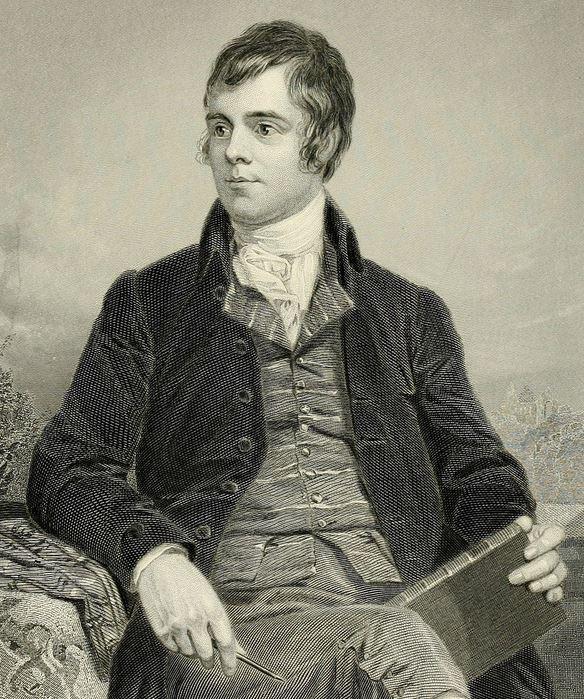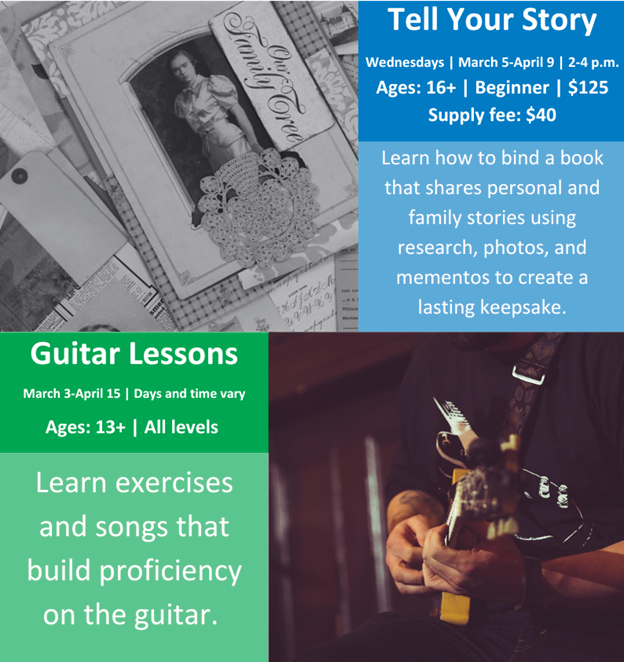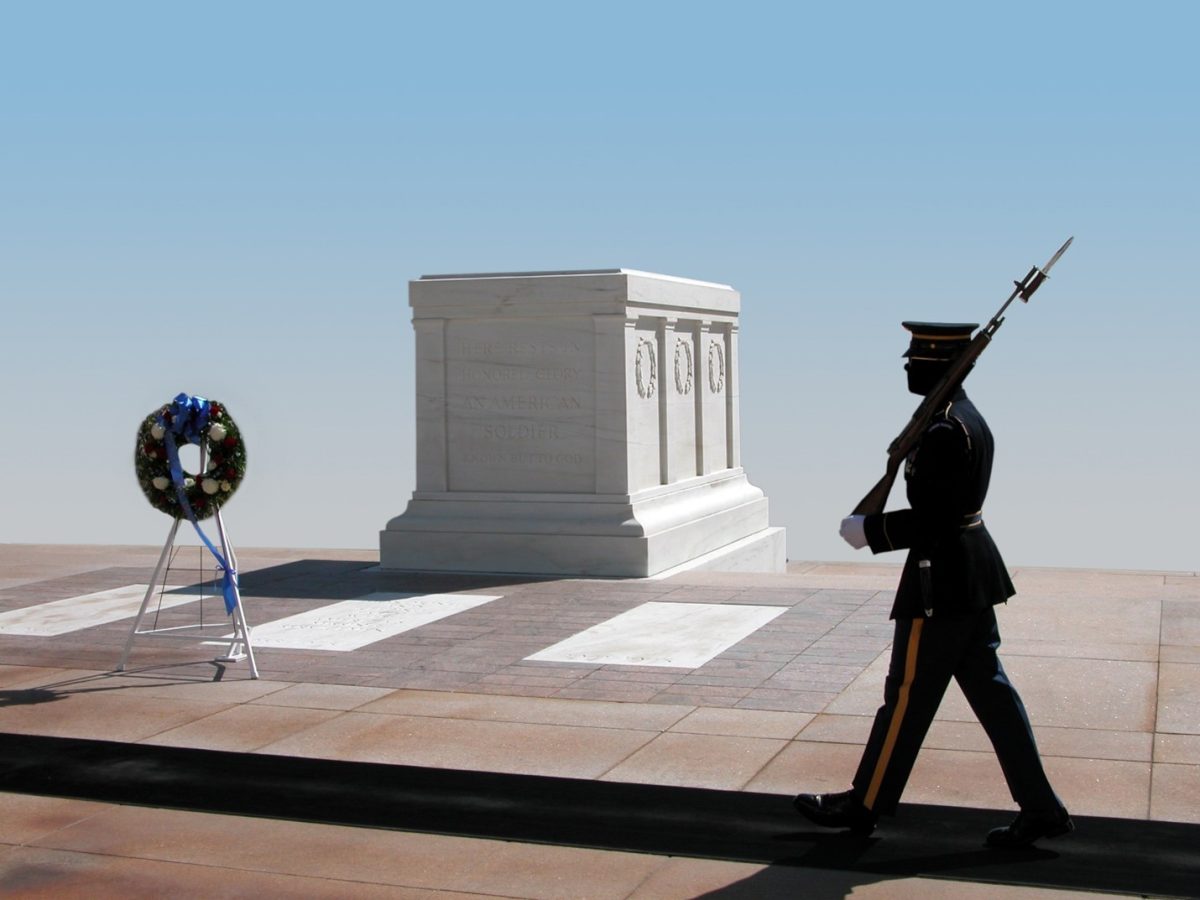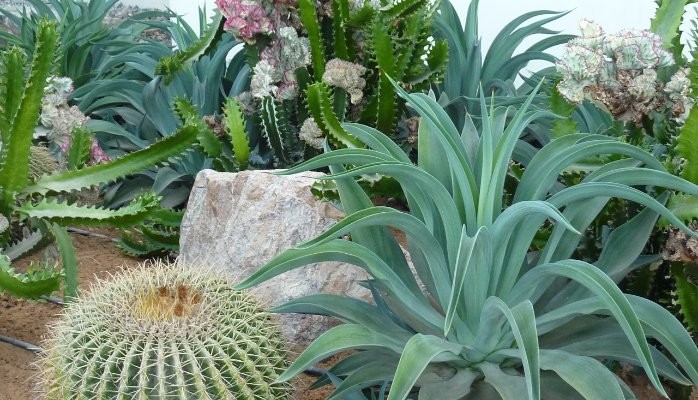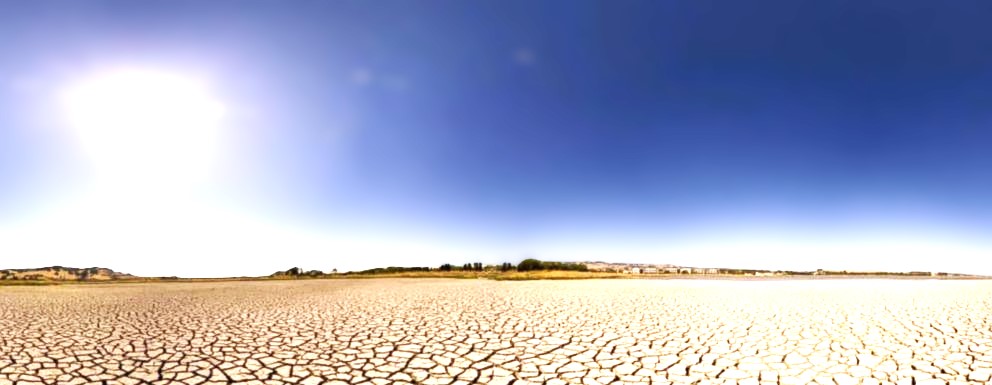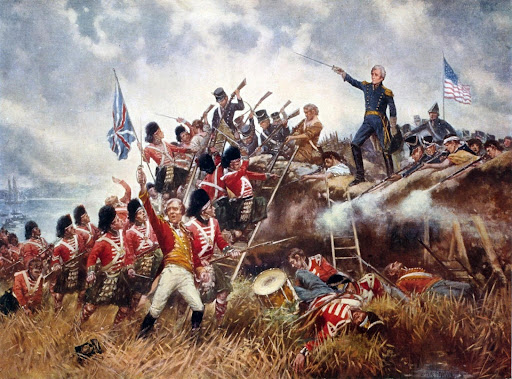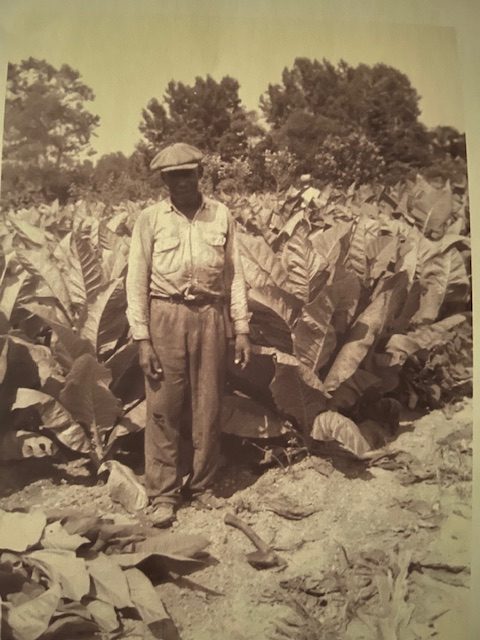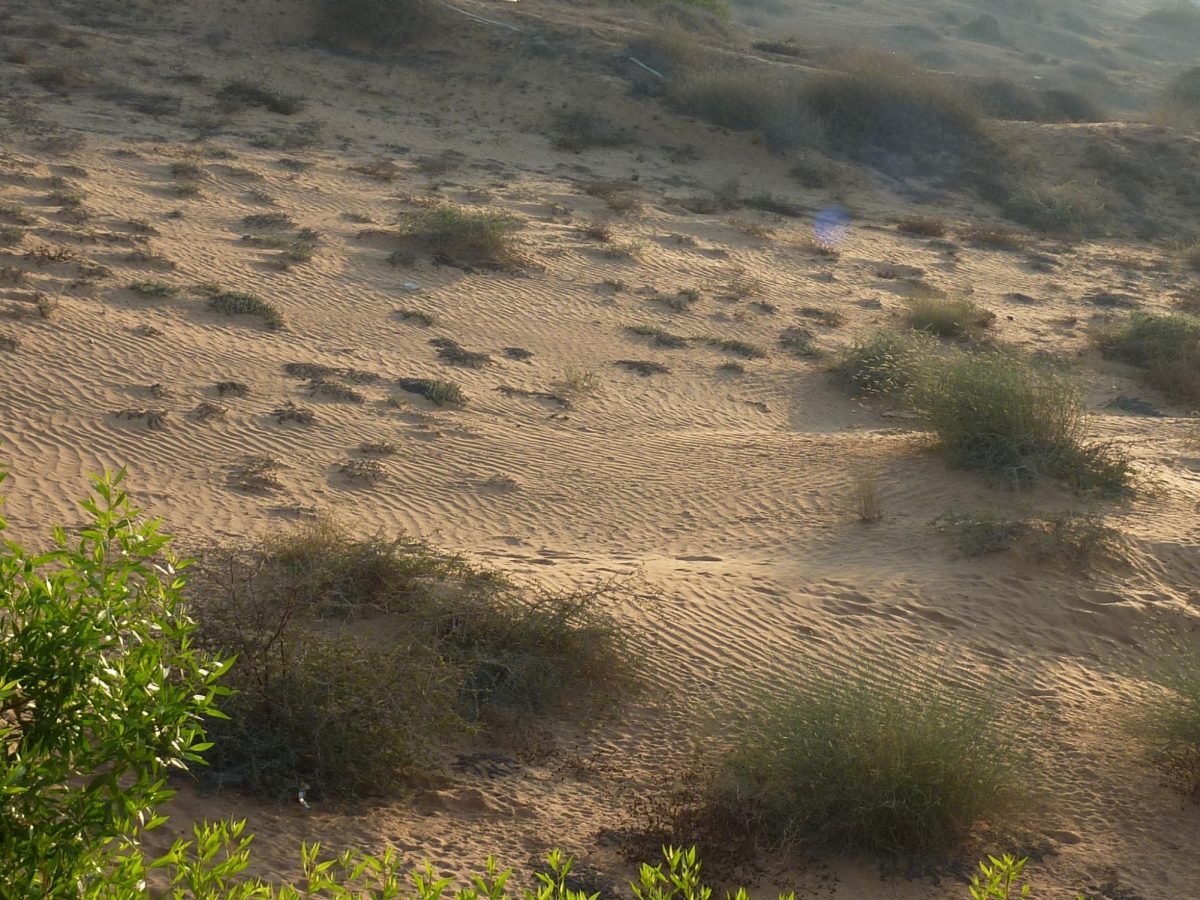“O wad some pow’r the giftie gie us-
to see oursels as ithers see us,
it wad frae monie a blunder free us
an foolish notion;
what airs in dress and gait wad leave us and ev’n devotion…..”
[from the poem, To A Louse]
January 25th is celebrated the world over by the Scottish diaspora in celebratory Burns’ Suppers, where the works of the poet are read, toasts abound, the dreaded haggis [once described as boiled butcher’s dustbin]is devoured with large helpings of neeps and tatties, and Scots everywhere pause to remember, with equal parts maudlin and equal parts fondness, their literary heritage.
Burns was, by all accounts, a Scottish ‘man for all reasons’–a laborer, a farmer, an exciseman, and, latterly, a lyricist. He was also a fervent Mason, and numbered no less that 5 societies as his own. His poetic legacy lives on in the many aphorisms he bequeathed to the Scottish-speaking world:
[i] ‘But pleasures are like poppies spread
you seize the flow’r, the bloom is shed;
or like the snowfall in the river-
a moment white, then gone forever..’ [Tam O’Shanter]
[ii] ‘..the best laid schemes o’ mice an’ men gang aft agley…’ [To A Mouse]
[iii] ‘Should auld acquaintance be forgot….’ [Auld Lang Syne]
[iv] ‘The rank is but the guinea’s stamp,
The man’s the gow’d for a’ that…’ [A Man’s A Man].
No doubt about it, the wit and wisdom are in the poetry. His unsettling truths [contained in the above lines from To A Louse], if thought about seriously, reduces man to staring at his image in the mirror, dusting off the lies, myths and metaphors that he prefers to call existence. All of us have mirrors of some kind or other–I wonder [myself included] how many us actually see?

